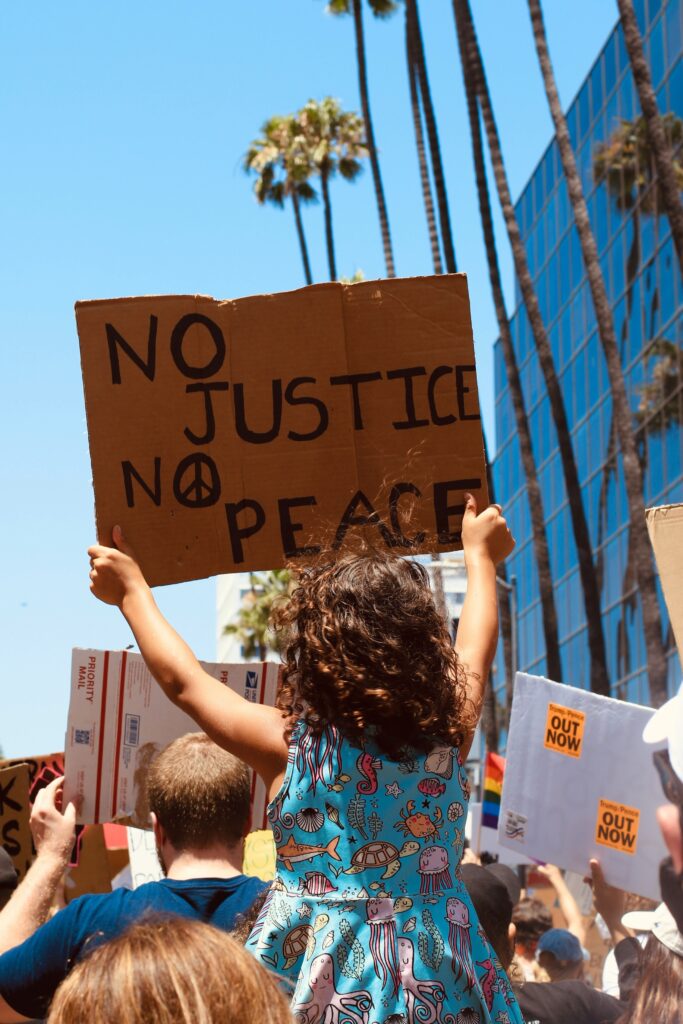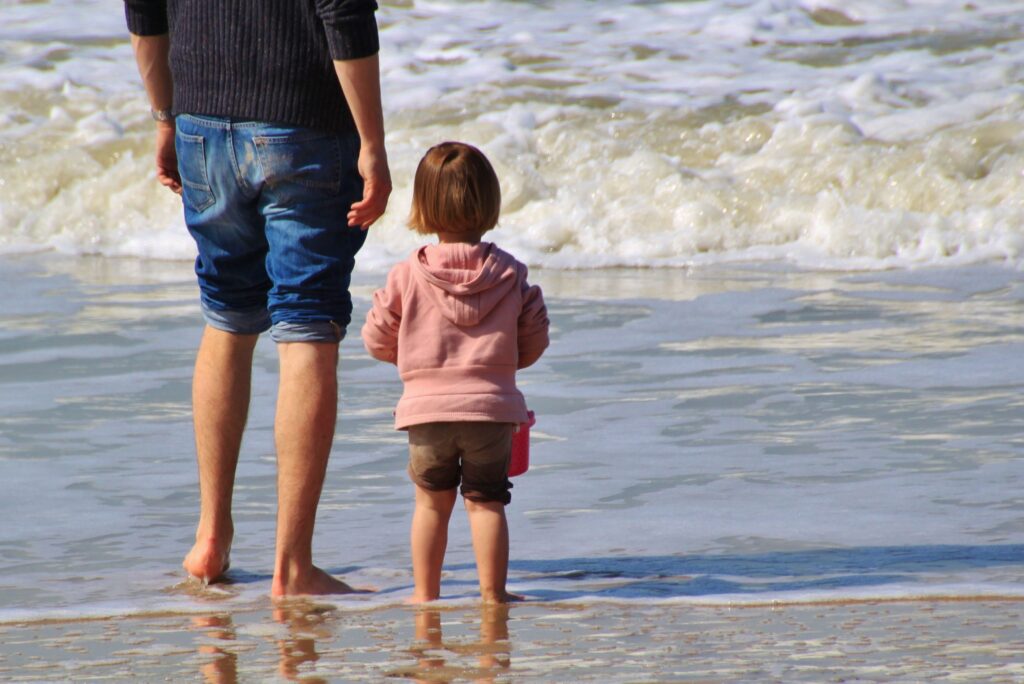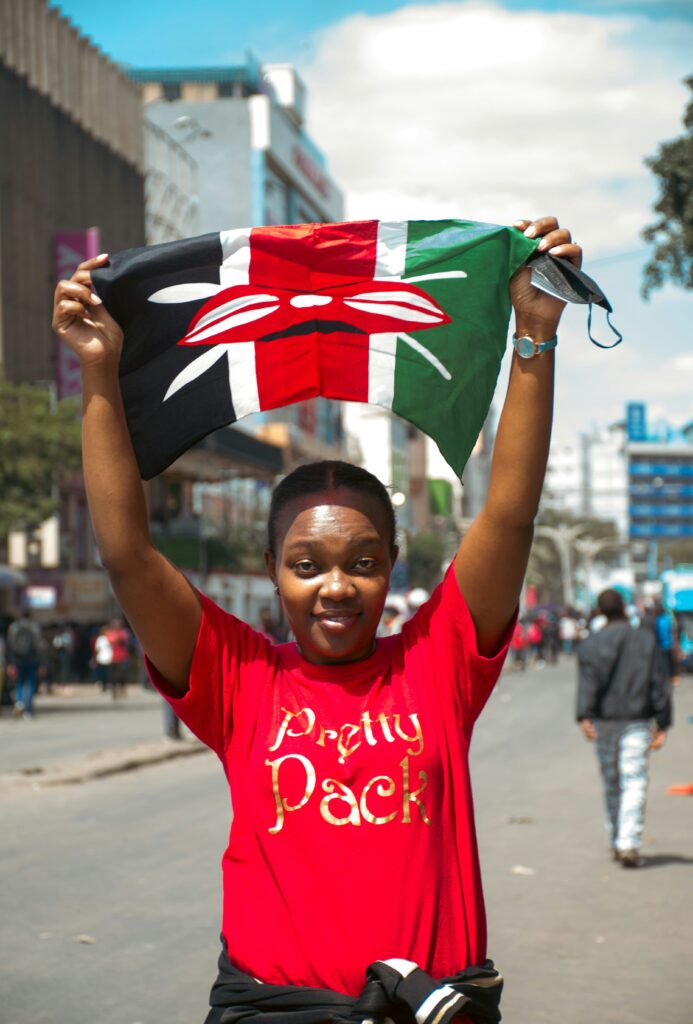Justice is not just about courts and laws—it’s the bedrock of peaceful, thriving communities. When people feel fairly treated, they are more likely to invest in their neighborhoods, trust their institutions, and support each other. But when justice fails, communities don’t just suffer individually—they unravel.
From biased systems to unequal access to resources, injustice breaks the invisible threads that hold societies together. The impact goes beyond a single person or case—it hinders development, widens economic gaps, and weakens social cohesion.
Development Delayed by Disparity
Infrastructure development often mirrors society’s inequalities. When certain groups are overlooked or systematically excluded, this is reflected in the roads that are never built, the schools that remain understaffed, and the clinics that lack essential medicine. These gaps are not just physical—they represent a failure to recognize everyone’s right to dignity and opportunity.
In many low-income or marginalized areas, young people grow up seeing few signs of public investment. No safe parks to play in, no decent schools to attend, no reliable transport to seek jobs elsewhere. This not only traps them in cycles of poverty but also signals that their development is not a priority.
Consider a youth in a rural or informal urban settlement who dreams of becoming a doctor but is stuck in an underfunded school, without books, computers, or trained teachers. Meanwhile, their counterpart in a wealthier district enjoys quality education, mentorship, and access to resources. This disparity doesn’t just delay development—it divides the nation into two realities.
Injustice Breeds Distrust

Trust is the lifeblood of any community. When justice is unevenly applied, trust dissolves. People start to believe the system favors some over others—based on wealth, ethnicity, religion, or social connections. This leads to disengagement. Why vote if you feel your voice doesn’t count? Why attend a community meeting if decisions are made behind closed doors?
Distrust can be subtle—such as skepticism toward government programs—or outright dangerous, manifesting as protests, boycotts, or even conflict. Injustice creates a culture of fear, where people protect only their own interests instead of working toward collective good.
It also affects security. In communities where law enforcement is biased or corrupt, people turn to informal justice systems or vigilante groups. This weakens formal governance and makes peace harder to achieve.

The Emotional Toll: Resentment and Isolation
The social damage of injustice goes beyond infrastructure or politics—it seeps into people’s hearts. Resentment grows when some feel they are always on the receiving end of neglect or discrimination. It can take generations to heal such emotional wounds.
This emotional strain affects mental health, family structures, and communal relationships. Children raised in unjust environments often internalize a sense of inferiority or anger. Their sense of belonging is compromised, leading to isolation or rebellion.
A Path Forward: Justice as a Tool for Unity
The good news is that justice—when fairly and visibly applied—has the power to unite. To rebuild trust, governments and communities must work together to ensure fair access to opportunities. That means transparency in decision-making, inclusion in resource allocation, and real consequences for those who abuse power.
Here are a few ways forward:
- Legal Aid and Public Defenders: Make justice accessible to everyone, regardless of income.
- Community-Led Planning: Include locals in decisions about development priorities.
- Equity Audits: Regularly assess how fairly public resources are distributed.
- Youth Inclusion: Empower young people with platforms to voice concerns and lead change.
- Accountability Mechanisms: Create public feedback tools to report injustice and corruption.
Justice isn’t just about the past—it’s how we shape the future. Inclusive governance leads to inclusive growth. And when people feel seen, heard, and treated fairly, they are more willing to participate in building something greater than themselves.



